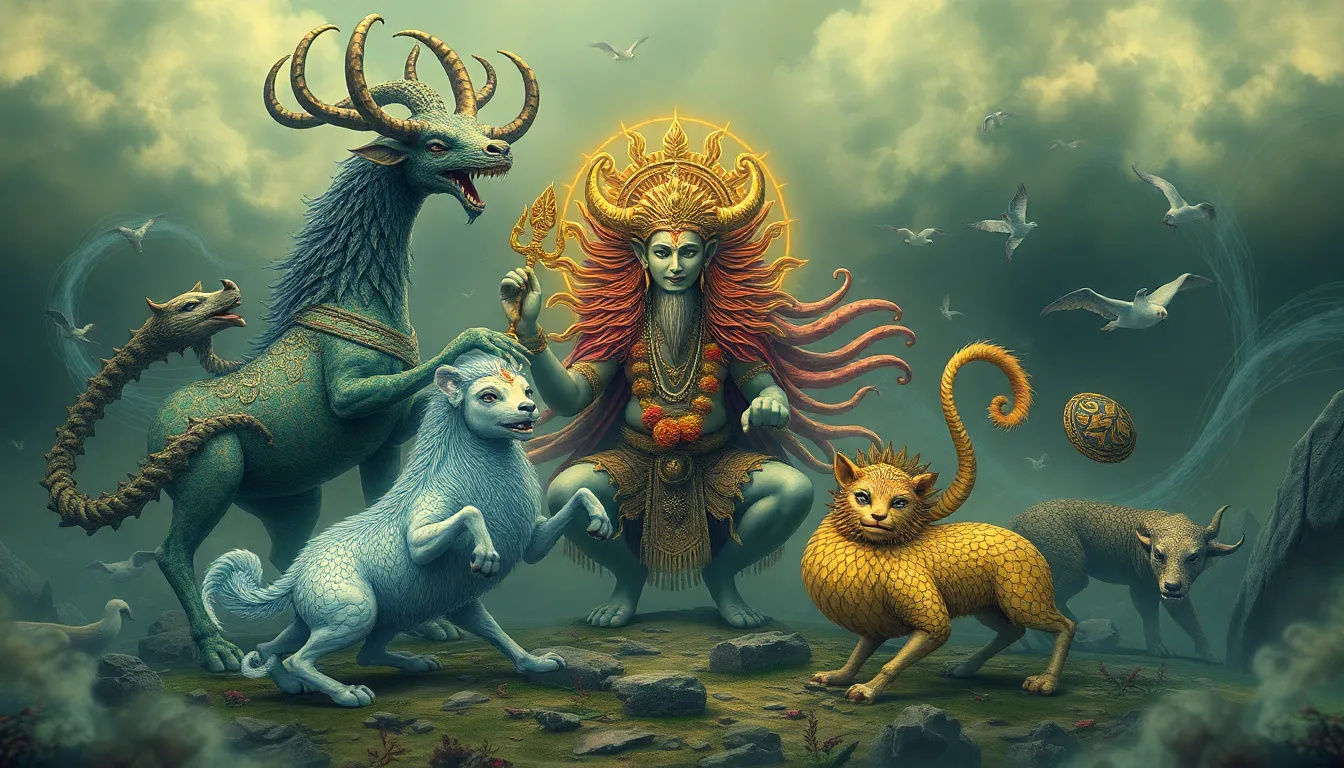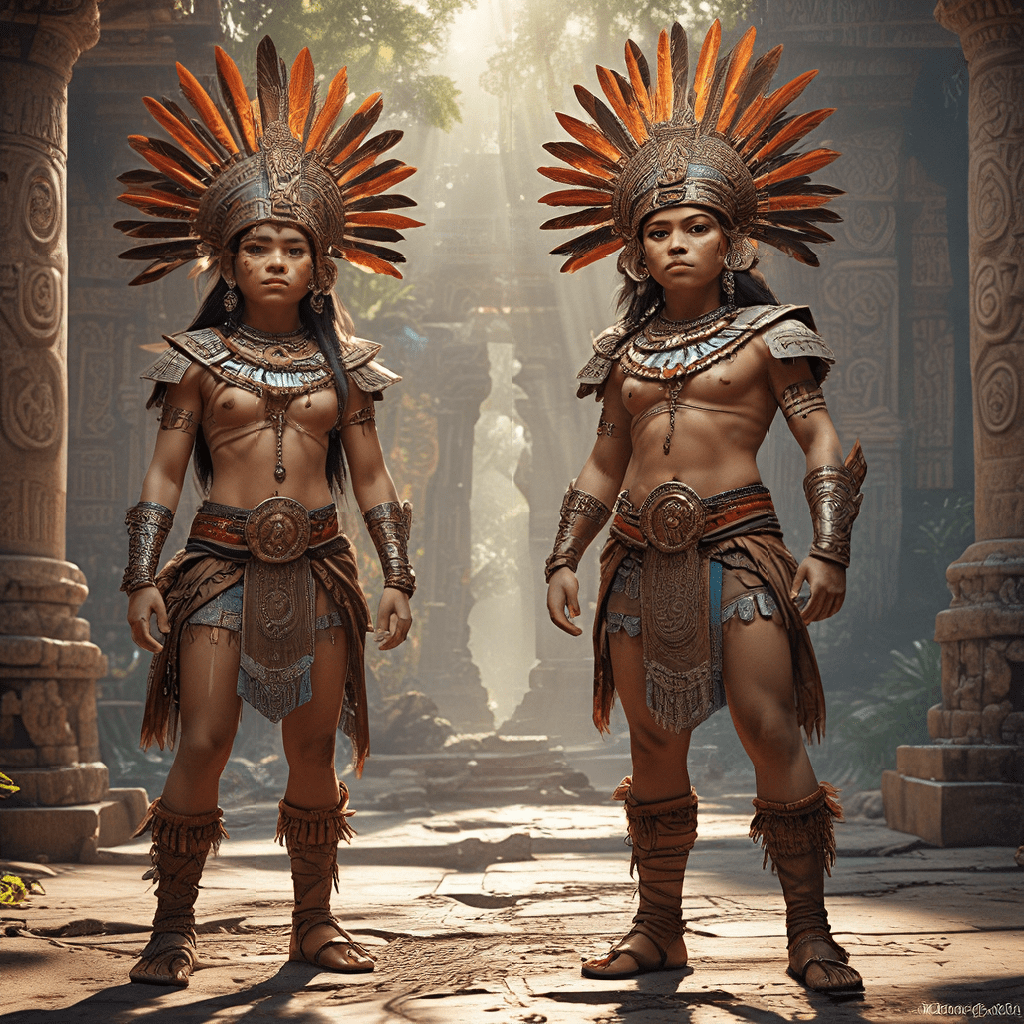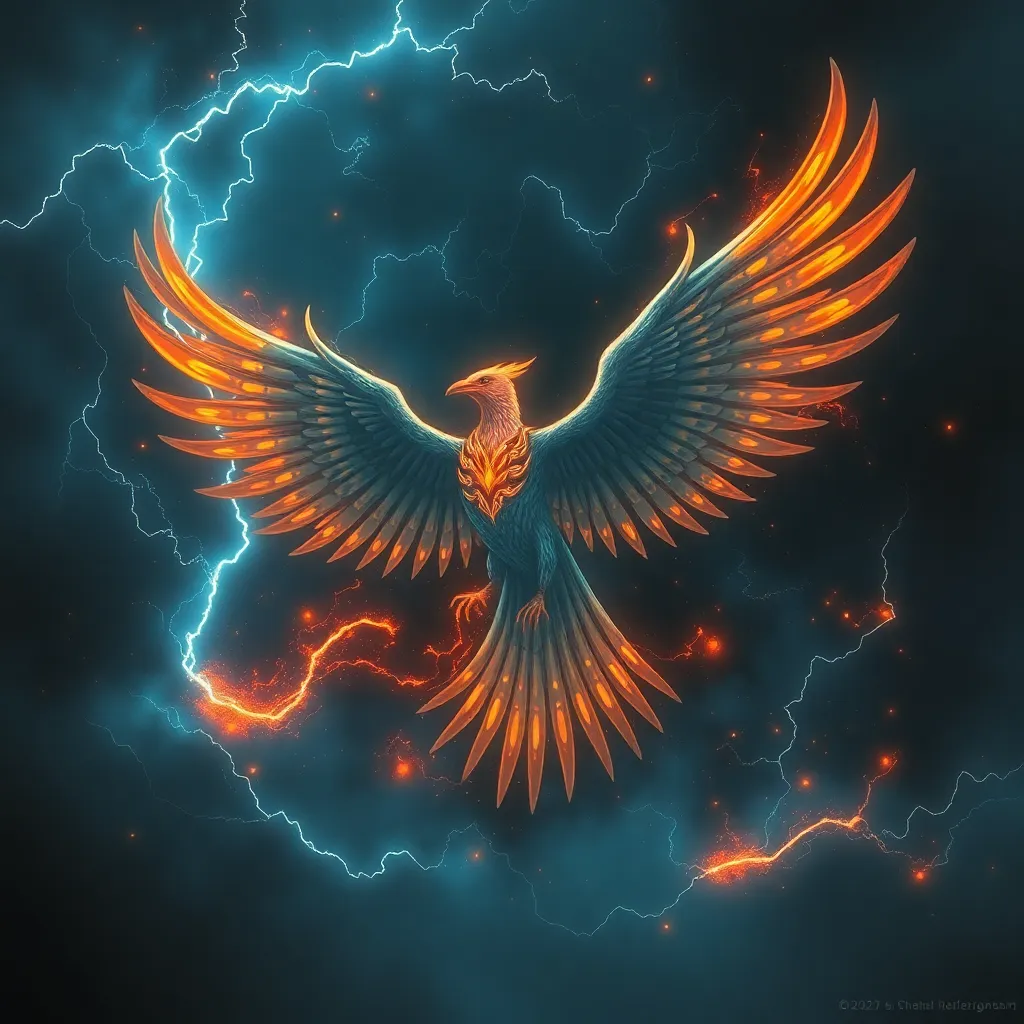The Role of Animals in Hindu Mythology: Sacred and Divine
Introduction to Hindu Mythology and Its Significance
Hindu mythology is a rich tapestry of narratives that embody the beliefs, traditions, and values of Hindu culture. It encompasses a wide range of stories about gods, goddesses, and other divine entities that play a crucial role in shaping the moral and spiritual framework of society. At the heart of these mythological tales lies a profound reverence for nature, particularly the animal kingdom. Sacred animals in Hinduism are not merely symbols; they represent deeper philosophical concepts and connections with the divine.
The Symbolism of Animals in Hindu Beliefs
In Hindu beliefs, animals are often seen as embodiments of various qualities and attributes. The symbolism associated with animals can be complex, with each creature holding multiple meanings. Some common symbolic interpretations include:
- Loyalty and Devotion: Animals like dogs are often seen as symbols of loyalty, reflecting the bond between humans and their companions.
- Strength and Power: Lions and tigers represent strength, while elephants symbolize both might and wisdom.
- Transformation and Change: Certain animals, such as snakes, are associated with transformation and renewal, reflecting the cyclical nature of life.
The connection between animals and the natural world in Hindu philosophy underscores the belief that all living beings are interconnected, fostering a sense of respect and responsibility towards the environment.
Major Divine Animals in Hindu Mythology
Several animals hold a significant place in Hindu mythology, often associated with major deities. Here are some of the most notable ones:
- Ganesha and the Significance of the Mouse: Ganesha, the elephant-headed god, rides a mouse named Mushika. This relationship signifies humility and the idea that even the smallest creature can overcome great challenges.
- Garuda, the Eagle, as Vishnu’s Mount: Garuda is a divine eagle and a symbol of speed, power, and martial prowess. He serves as the vehicle for Lord Vishnu, representing the swift and protective nature of the deity.
- Nandi, the Bull, as Shiva’s Vehicle: Nandi, the sacred bull, is the vahana (vehicle) of Lord Shiva. He embodies strength, fidelity, and serves as a guardian figure, symbolizing the importance of devotion and service.
Mythological Stories Featuring Animals
Many popular myths in Hinduism prominently feature animal characters, showcasing their significance in the moral and spiritual narratives of the culture. Two notable examples include:
- The Tale of the Churning of the Ocean (Samudra Manthan): This myth involves gods and demons working together to churn the ocean to obtain the nectar of immortality. Various creatures, including the tortoise (Kachchhapa) and the serpent (Vasuki), play vital roles in this cosmic event, highlighting the collaboration between different beings.
- The Story of the Ramayana and the Role of the Monkey Army: In the epic Ramayana, Hanuman, the monkey god, and his army of monkeys assist Lord Rama in rescuing Sita from Ravana. The valor and loyalty of Hanuman and the monkeys exemplify themes of devotion and the fight against evil.
The Concept of Avatars and Animal Forms
In Hinduism, the concept of avatars refers to the divine incarnations of deities in different forms, including animals. Some notable animal avatars include:
- Matsya (Fish): Matsya is the first avatar of Vishnu, who took the form of a fish to save humanity from a great flood.
- Varaha (Boar): Varaha is the third avatar of Vishnu, who appeared as a boar to rescue the Earth (personified as the goddess Bhudevi) from the demon Hiranyaksha.
These avatars illustrate the belief that the divine can manifest in various forms to protect and restore balance in the universe.
Sacred Animals and Ritual Practices
Certain animals are considered sacred in Hindu rituals and are integral to daily worship and cultural practices. Some of these animals include:
- Cows: Revered as sacred, cows are associated with abundance and motherhood. They are often worshipped in rituals and are seen as a symbol of non-violence and gentleness.
- Monkeys: Primarily associated with Lord Hanuman, monkeys are respected and often fed in temples, reflecting the reverence for divine qualities.
- Elephants: Symbolizing wisdom and prosperity, elephants, particularly Ganesha, are honored in various ceremonies and festivals, showcasing their importance in Hindu culture.
The Role of Animals in Hindu Philosophy and Ethics
The ethical treatment of animals is a significant aspect of Hindu philosophy, deeply rooted in the principle of ahimsa, or non-violence. This ethical framework emphasizes compassion and respect for all living beings, advocating for the protection of animals and their rights. The philosophy encourages:
- Compassion: Treating animals with kindness and empathy.
- Non-violence: Avoiding harm to any living being, promoting a peaceful coexistence.
- Respect for Life: Recognizing the interconnectedness of all life forms and the need to protect the environment.
Regional Variations and Cultural Interpretations
Hinduism is not monolithic; its interpretations vary across different regions in India, leading to unique cultural practices and beliefs surrounding animals in mythology. Some regional variations include:
- South India: In Tamil Nadu, for instance, the worship of the cow is particularly pronounced during festivals like Pongal.
- Western India: In Gujarat, the worship of the elephant-headed god Ganesha is popular, with elaborate celebrations during Ganesh Chaturthi.
- Eastern India: In Bengal, the worship of the goddess Durga often involves the symbolic representation of a lion or tiger, highlighting the fierce aspects of femininity.
Contemporary Relevance of Animals in Hinduism
The ancient beliefs about animals continue to influence modern Hindu practices and cultural attitudes. Today, the role of animals is seen in various contexts, including:
- Environmental Conservation: The principles of ahimsa and respect for nature have led to movements advocating for animal welfare and environmental protection.
- Cultural Festivals: Animals play a central role in festivals, where rituals involving sacred animals are performed, reinforcing their significance in contemporary society.
Conclusion: The Enduring Legacy of Animals in Hindu Mythology
The symbolism of animals in Hindu mythology reflects a deep-rooted connection between the divine and the natural world. These narratives not only enrich the cultural landscape but also impart valuable lessons about compassion, respect, and the interconnectedness of all life. As we continue to navigate the complexities of modern existence, preserving these ancient stories and their teachings becomes increasingly important for future generations.




